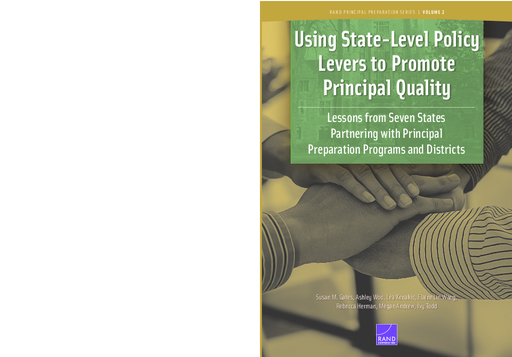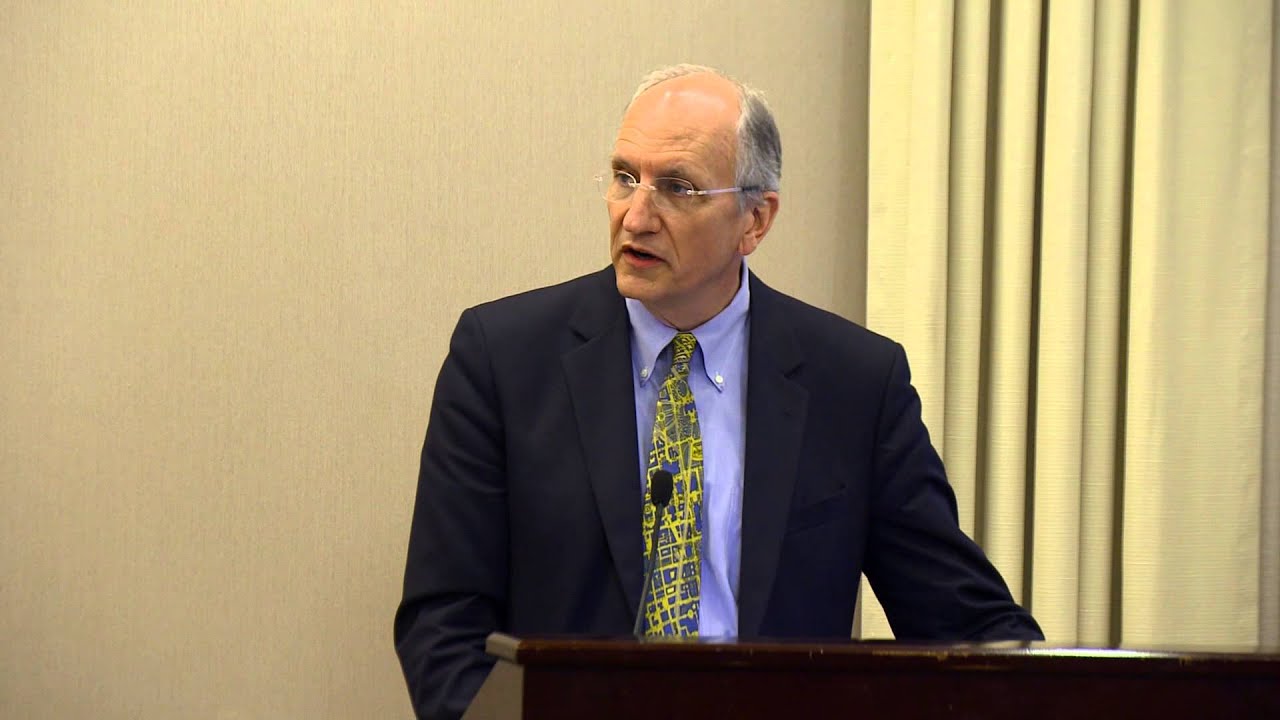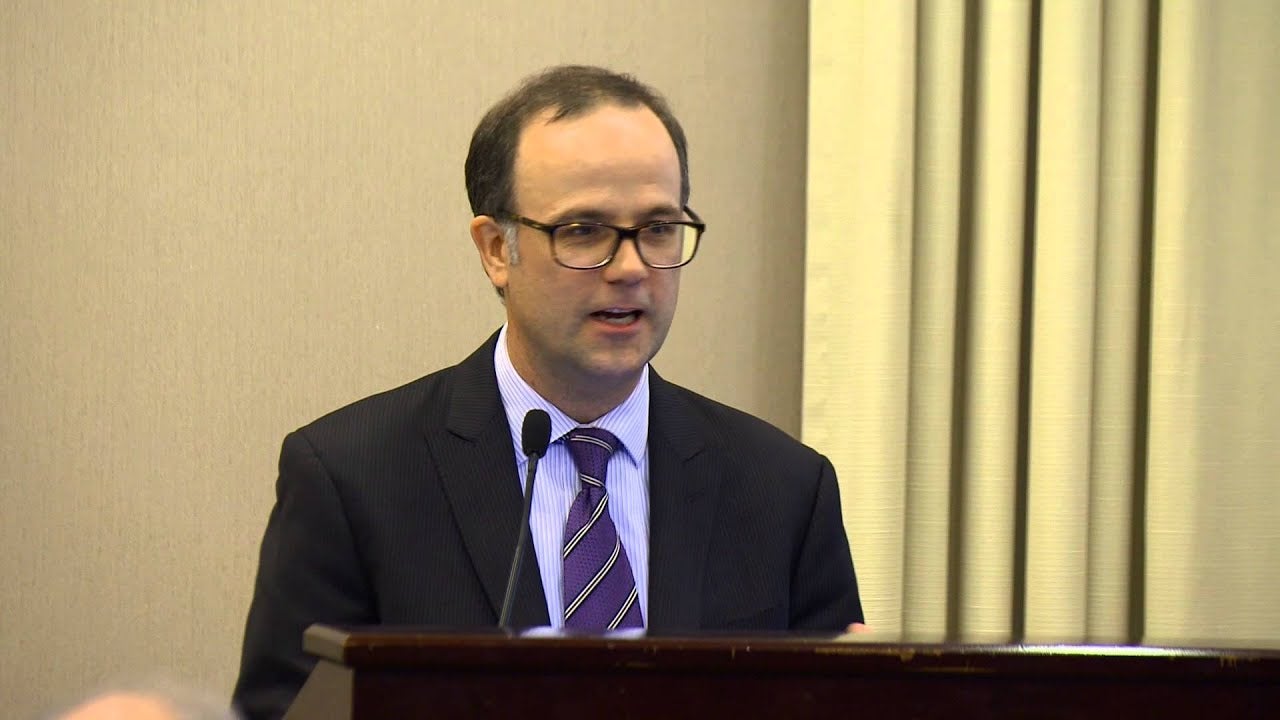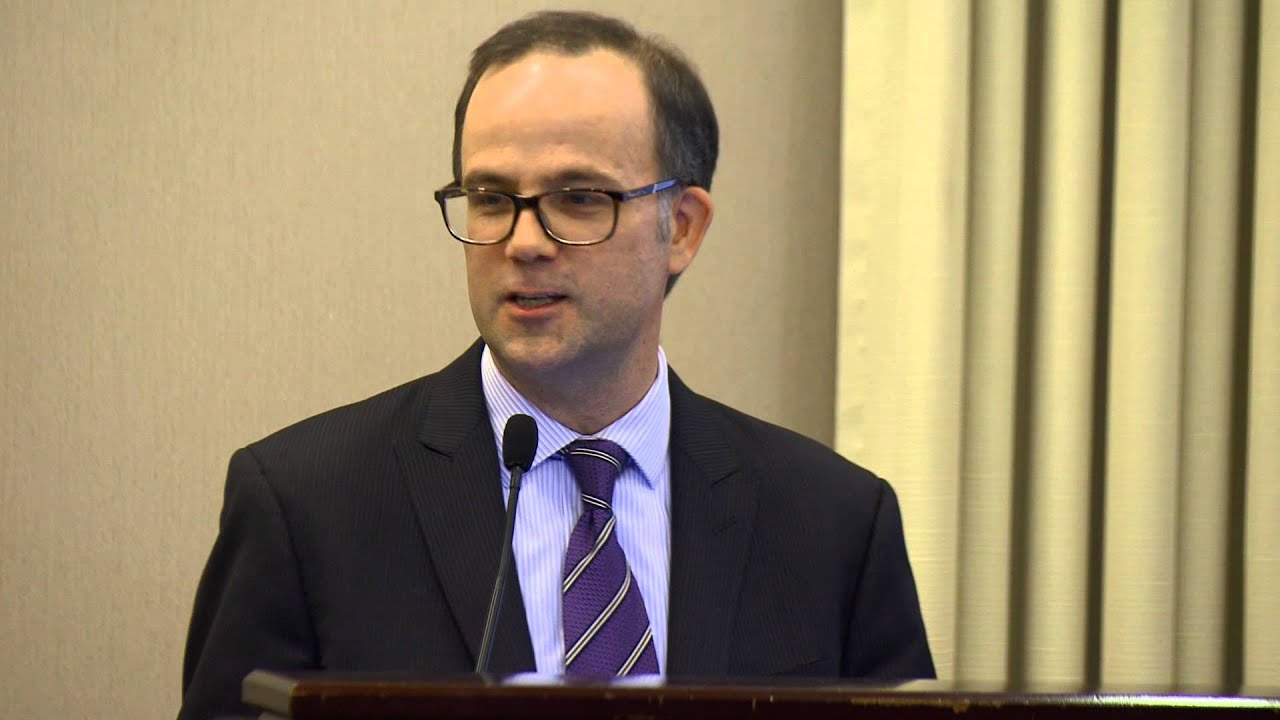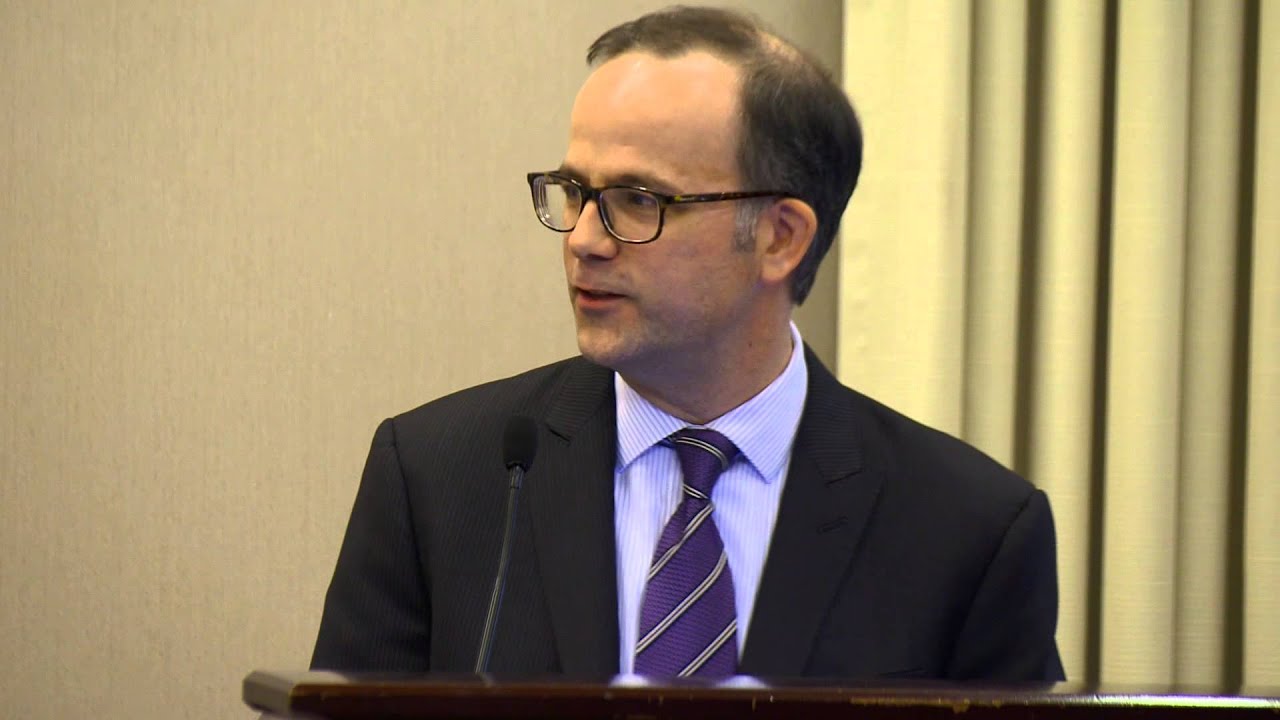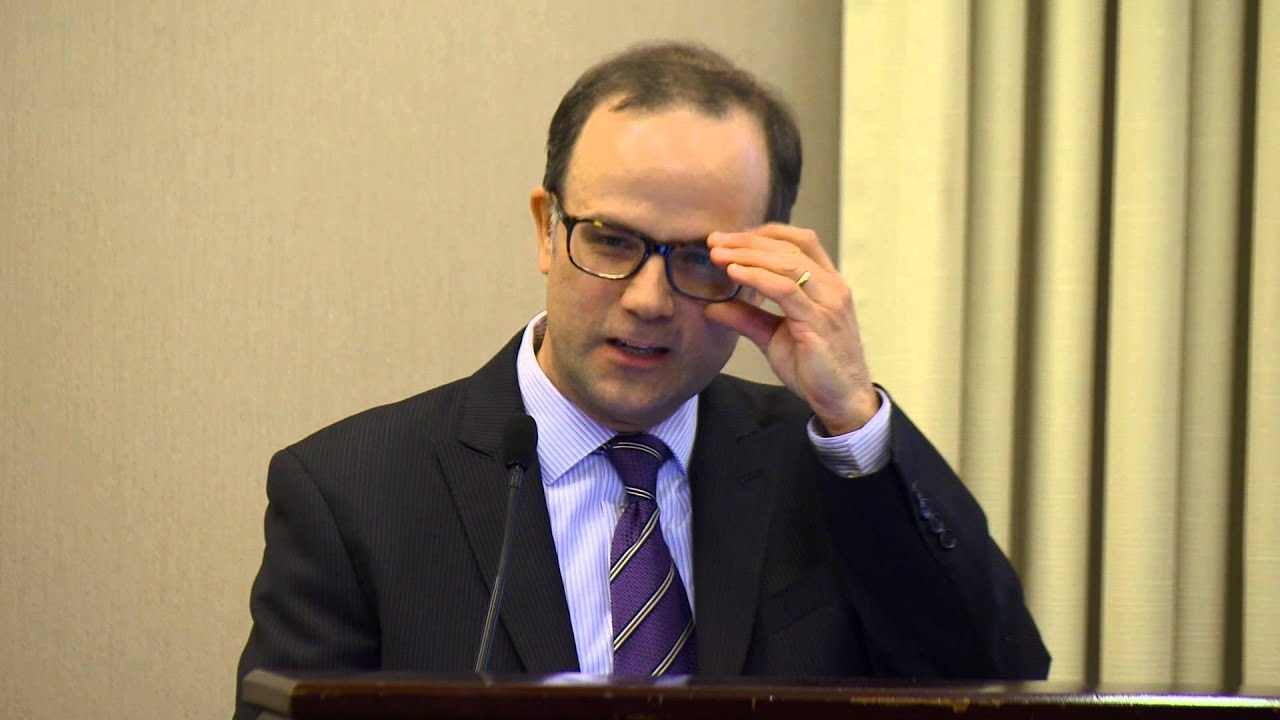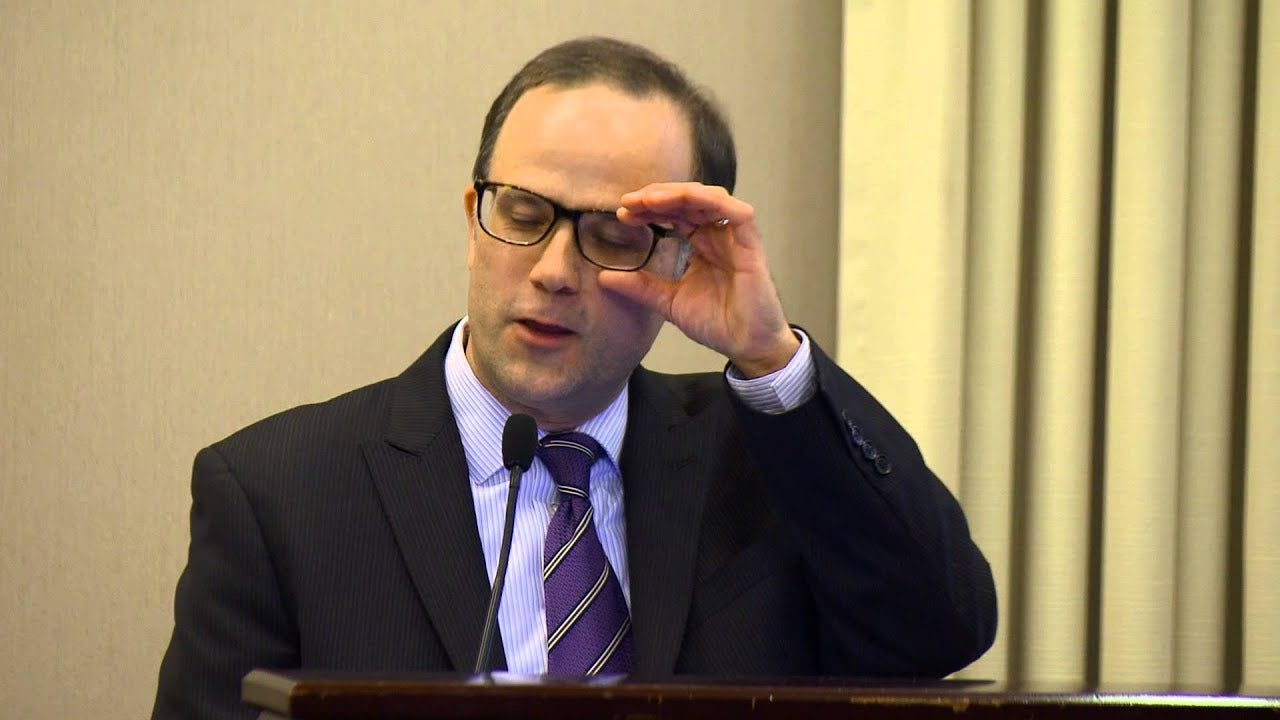Breadcrumb
- Wallace
- Reports
- Using State-Level Policy Levers ...
Using State-Level Policy Levers to Promote Principal Quality

- Author(s)
- Susan M. Gates, Ashley Woo, Lea Xenakis, Rebecca Herman, Elaine Lin Wang, Megan Andrew, and Ivy Todd
- Publisher(s)
- RAND Corporation
- DOI Link
- https://doi.org/10.7249/RRA413-1
Summary
How we did this
The authors drew on interviews, state policies, written reports, research literature, and other sources for this analysis.
This RAND report examines how seven states changed their policies to try to improve the principalship. The states—California, Connecticut, Florida, Georgia, Kentucky, North Carolina, and Virginia—participated in Wallace’s University Principal Preparation Initiative. This initiative helped seven university preparation programs improve their offerings. They did so in partnership with school districts and their states.
Policy Levers for Principal Improvement
The authors examine how participating states used seven policy levers that research has found can improve school leadership. These are:
- Setting principal standards
- Recruiting aspiring principals into the profession
- Licensing new and veteran principals
- Approving and overseeing principal preparation programs
- Supporting principals’ growth with professional development
- Evaluating principals
- Developing a “leader tracking system” with data on the performance of aspiring and established school leaders.
Research Questions
The report aims to answer these questions:
- How does a state’s context shape how it uses policy to improve principal quality?
- What policy levers are states using? How are the levers used? What policy changes have states made that affect how levers are used?
- What supports the effective use of policy levers?
- What helps or obstructs policy change?

The state role must be understood in the broader historical context of education policy in the United States, which emphasizes local control over education and is strongly influenced by nongovernmental organizations.
Findings
Some policy levers are more commonly used. Participating states most actively used the standards, licensure, and program approval and oversight levers. Few states were involved with principal evaluation. None of the states developed a leader tracking system, although some expressed interest.
States used the policy levers in different ways. This was because states had varied pathways in place for becoming a fully fledged principal. The researchers say there is no “one-size-fits-all” approach for states to improve principal quality. States need to pursue policies that best fit their circumstances.
Researchers conducted interviews with stakeholders to determine whether policy levers were used effectively to promote principal quality. All states were judged effective in their use of principal standards. Most were rated effective in how they approved principal preparation programs. Interviewees widely reported that some levers were either not used or not used effectively. These levers were leader tracking, evaluation, and recruitment.
The report finds several challenges facing the use of state policy levers. These include:
- Limited state resources
- A reluctance to interfere with local control of education
- The low visibility of school leadership policy compared with other education issues.
The authors say that policy levers are interconnected. States need to consider how each affects the others when making changes. For example, standards are most influential when aligned to licensure requirements, evaluation, and other levers. New licensure requirements can support new requirements for principal preparation programs.
Key Takeaways
- This RAND report examines how seven states changed their policies to try to improve the principalship. The states participated in Wallace’s University Principal Preparation Initiative.
- The authors examine how the states used seven policy levers that research has found can improve school leadership. They are:
- Principal standards
- Recruitment to the profession
- Licensure
- Oversight of principal preparation programs
- Professional development
- Evaluation
- Creating a data system to track principal performance
- There is no one-size-fits-all approach to revising state policy to improve principal quality. States need to pursue policies that best fit their circumstances.
- States used some policy levers more than others. They also used them with varying degrees of effectiveness.
- The report identified obstacles to enacting state policies aimed at improving school leadership. These included limited resources, a reluctance to interfere with local control, and the low visibility of school leadership policy.
- The report made recommendations for enacting policy effectively. One was to involve those who hold a stake in reform in crafting policy.
Briefing
Wallace Foundation President Will Miller on effective school leadership, and political scientist Paul Manna on how states could foster it
